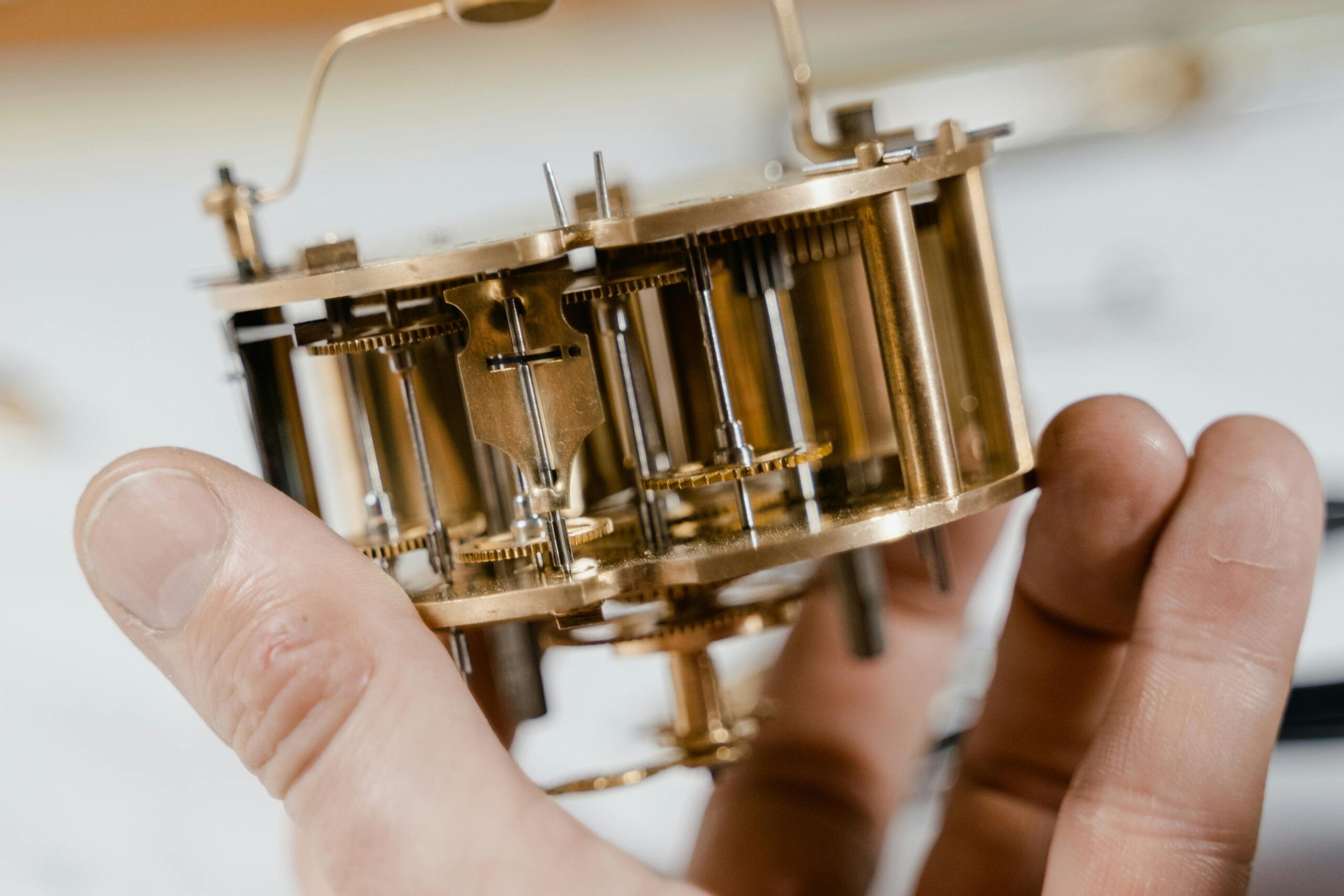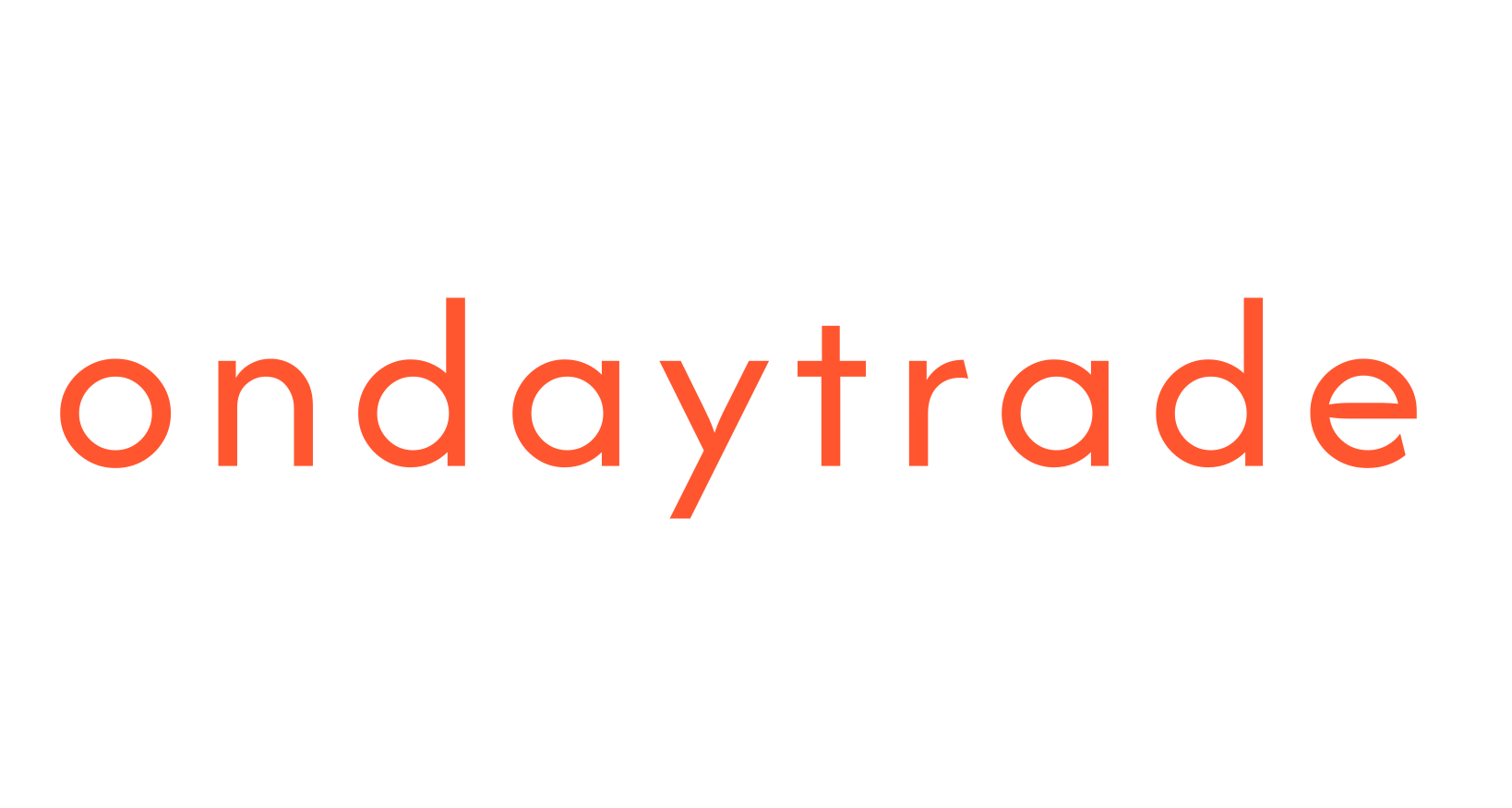- Authorship? What is required for a person to be recognized as the author of a copyrighted work?
- Is the mere fact of its creation sufficient?
- Or does it even have to fix the job in a tangible way to secure authorship over it and then be called “author” within the meaning of copyright law?
- Should the work be published?
- What if you notice that you are the copyright holder of the work itself?
Reading the Albanian copyright law does not require anything other than the fact of creating the work, to be called its author and to enjoy copyright protection. According to Albanian law, the person who created the work wins copyright protection from the time it was created. It is not necessary for the work to be fixed on any tangible means, nor is it essential to have any notice of who the copyright belongs to and when it began. - Any person who infringes one or more of the copyrights on this work may be sued.
- It should be emphasized that, in some states, the mere fact of creating the work is not enough to protect the Copyright.
- In addition to creating the job, you must also fix it in a tangible means of expression. This is the case in the US and England, for example.
- I think the condition of setting the work on a tangible tool is essential, because how can you prove that the work already existed, that you are its author and that it was subsequently copied, let’s say?
Think for a moment about someone giving a speech or a talk for a precise moment. Someone secretly records it and then quotes the whole statement in another work, let’s say in a book, calling himself the author of it. How can you sue in court when you have no material proof, no document or record of your statement? This would make the defense more difficult; the only protection would be that of witnesses.
In the US, until 1989 when the US signed the Bern Convention, some formalities had to be respected, such as posting a notice that the work was protected by Copyright. But since the Bern Convention for the Protection of Copyright does not require these formalities, the US was forced not to require them. However, they are still needed, as the damages you can sue for are higher when the work has a copyright notice.
Albanian law, like the laws of all those states that are party to the Bern Convention, requires no other formality. So it is not necessary to put in place a notice of copyright and to say that the copyright belongs to this or that person. Today it is common practice to see in the books the copyright mark followed by the words “Copyright” or (copyright) belongs to this or that person. There is certainly no harm in doing so. But it should be clear to everyone that the absence of such notice does not deprive a person of copyright protection. Normally the author of the work, and therefore the copyright holder, is the one whose name normally appears in the work as its author’s name.









